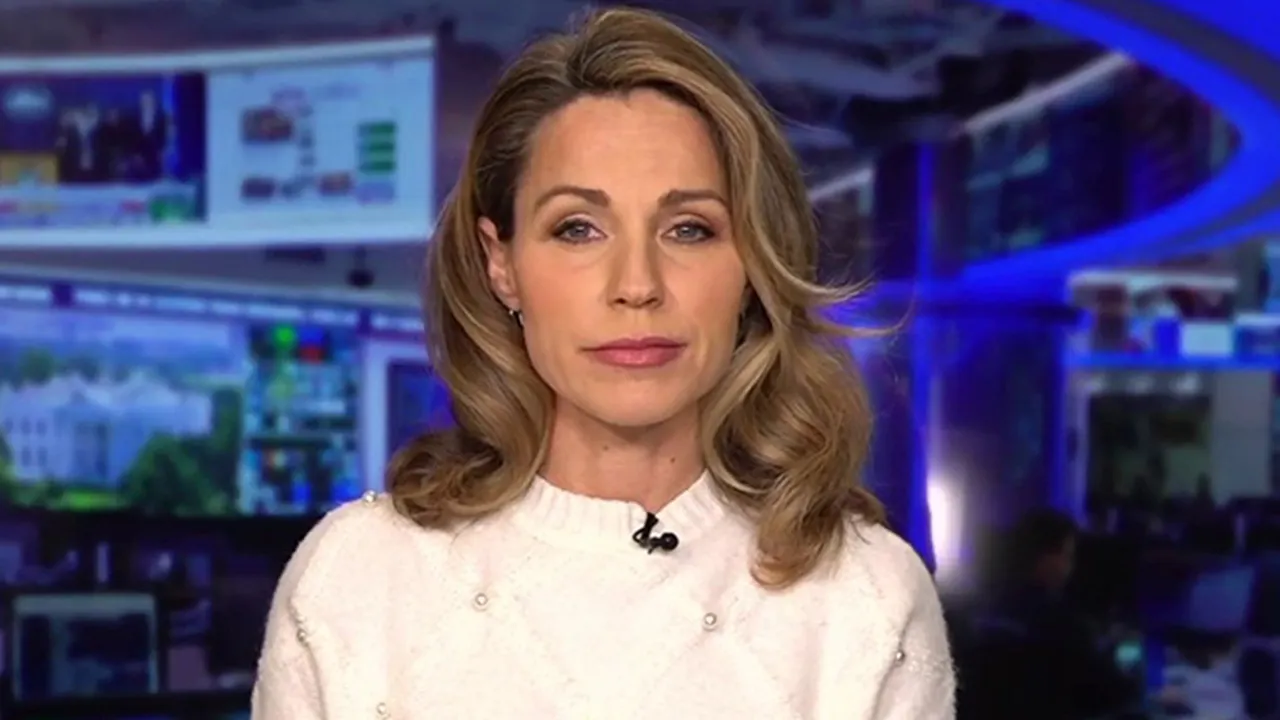Dr. Nicole Saphier on ultra-processed foods in US: ‘People profit off addiction’

Ultra-processed food manufacturers are facing mounting pressure as a teenage boy from Pennsylvania has filed a lawsuit against multiple food giants. Bryce Martinez, 18, was diagnosed with type 2 diabetes and fatty liver disease at the age of 16 after consuming ultra-processed foods for most of his childhood. He is now taking legal action against 11 food manufacturers, accusing them of engineering their products to be addictive.
According to the National Institute of Diabetes and Digestive and Kidney Diseases (NIDDK), between 5% and 10% of American children were diagnosed with non-alcoholic fatty liver disease (NAFLD) in 2021. This increase in childhood NAFLD cases is attributed to the rise in childhood obesity over the years.
Statistics from the Centers for Disease Control and Prevention (CDC) show that one in five children aged 12 to 18 are pre-diabetic. This alarming trend has been a cause for concern among health experts, including Fox News medical contributor Dr. Nicole Saphier, who described the situation as both shocking and predictable.
Dr. Saphier pointed out that children often emulate the lifestyle choices of their parents, which can have detrimental effects on their health. She emphasized that the aggressive marketing tactics used by food manufacturers, similar to those employed by industries like tobacco and alcohol, can lead to addictive behaviors that harm consumers.
The prevalence of ultra-processed foods in the American diet, estimated to make up 60% of daily food consumption, poses a significant risk to public health. Dr. Saphier highlighted the need for greater accountability among individuals in making healthier choices and resisting the allure of addictive food products.
The lawsuit filed by Bryce Martinez sheds light on the harmful impact of ultra-processed foods on consumers, especially young people. Dr. Saphier emphasized the importance of parental oversight and individual responsibility in combating the negative effects of these products on health.
As the case unfolds, it serves as a stark reminder of the urgent need to address the role of ultra-processed foods in the rising rates of chronic diseases among children and adults. By raising awareness and promoting healthier dietary habits, we can work towards a future where individuals are empowered to make informed choices that prioritize their well-being.
For more health-related news and updates, visit www.foxnews/health. Stay informed and take charge of your health to make positive changes for a healthier lifestyle.




